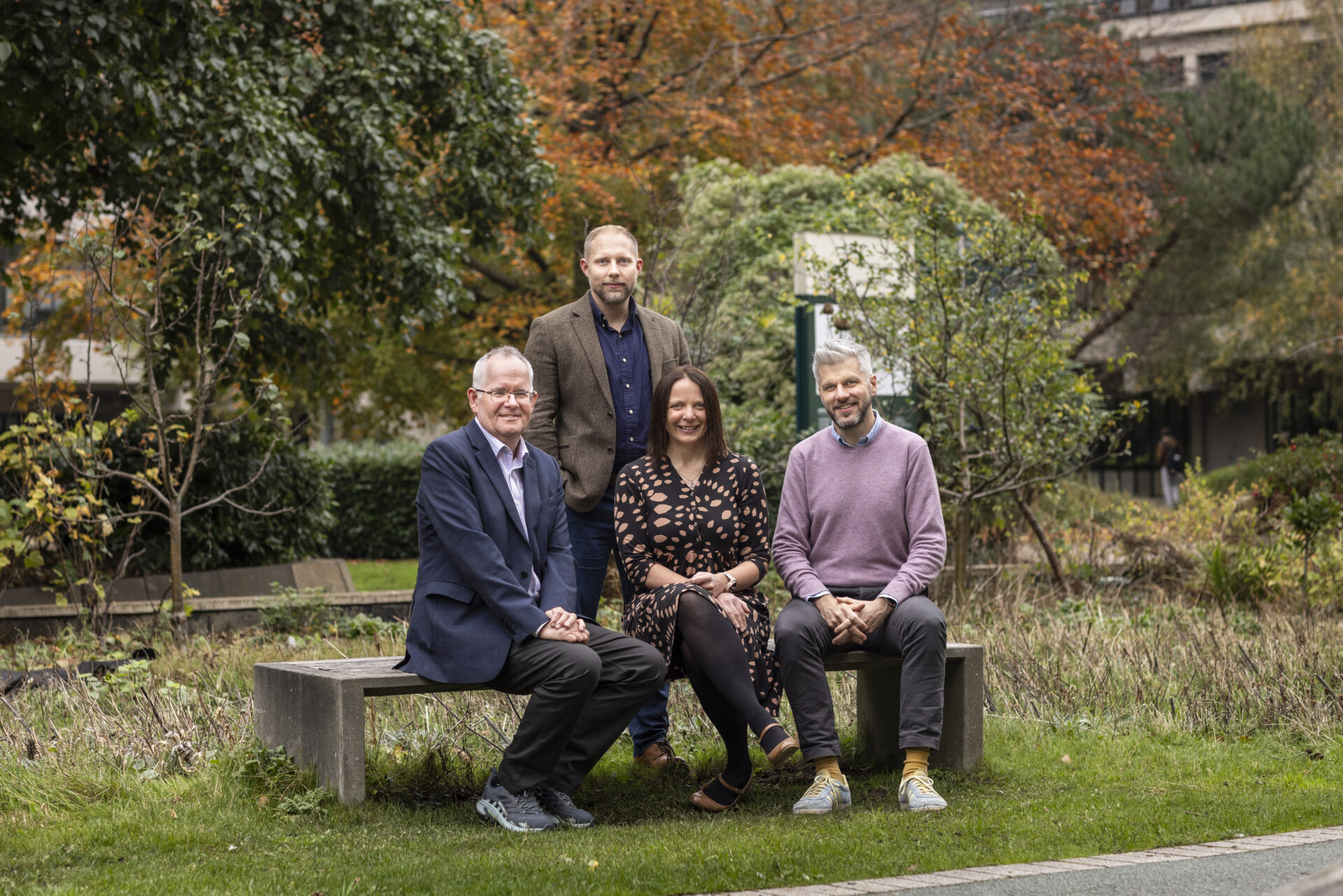We currently have 4 PhD Studentships available. Fees and stipends are funded. These are available to both UK and international applicants.
Generating synthetic mobility trajectories for privacy-preserving data sharing
The growth in the availability of fine-grained mobility data has spurred high-impact research findings into the nature of human mobility. There remains significant potential for enhanced understanding of mobility behaviour to help improve the reliability and sustainability of urban transportation systems. Despite major safeguards in place around the storage and use of fine-grained mobility data, there remain concerns about the risk to individual privacy, and questions about the continued willingness of the public to permit data for use in research.
Synthetic data production has emerged as an important area of research in seeking to safeguard privacy, while enabling its continued use in understanding and modelling future cities. While researcher have proposed methodologies derived from machine learning techniques, such as Generative Adversarial Networks (GANs), Variational Autoencoders (VAEs), and diffusion models [1, 2], there remain questions about the how we encode demographics and contextual depth into these representations, while balancing similarity with privacy [3].
This PhD project will seek to advance the state-of-the-art in synthetic trajectory production through the development of methods that better capture spatial, temporal, and contextual heterogeneity. We will seek to encode features such as travel mode choice, gender, age, and co-presence in our synthetic models. Furthermore, we will assess how we can account for, or integrate, non-recurrent events, such as travel disruptions, holidays, and weather, in realistically replicating mobility trajectories.
Closing date: 9 May 2025
Improving measures of perceived access to local amenities
Improving access to local amenities by active travel is an important phase in enhancing the sustainability of urban mobility.
By enhancing the presence of and connectivity to essential amenities it is possible to reduce the necessity of car based travel, and enhance opportunities for active travel.
However, accessibility measures are still relatively crude, and there are opportunities to expand these approaches to better consider how neighbourhood amenities and distances are perceived by citizens.
This PhD project will consider ways in which to enhance the integration of neighbourhood perception into spatial accessibility models.
Closing date: 9 May 2025
Identifying priority places for increasing physical activity in the UK
Globally, a third of all adults do not meet physical activity recommendations. At the same time, we need to reduce emissions from motorised transport, which is a key contributor to the climate crisis.
Shifting behaviour towards increased physical activity, including active travel, presents an opportunity for intervention and innovation that would reduce emissions, and promote health.
This PhD project explores developing a composite measure to highlight places across the UK most in need of support to access physical activity spaces, from a combined health and wellbeing and environmental sustainability perspective.
Application deadline: 16 May 2025
Understanding the relationship between food behaviours and health outcomes
Food production and consumption are at the heart of the worlds greatest challenges, with 1 in 7 deaths globally attributed to poor diet and a third of global greenhouse gas emissions coming from food production.
This PhD project, in partnership with Nesta, will use smart data from food providers, combined with health outcomes within the NHS secure data environment, to unlock insights into behaviour and health outcomes for places across the UK most in need of support and interventions to improve access to healthy, sustainable and nutritious food.
Application deadline: 16 May 2025







